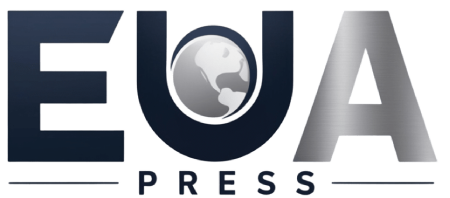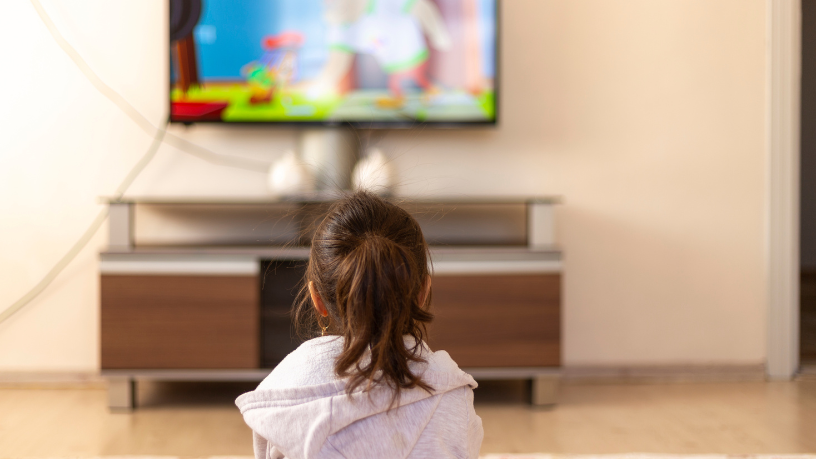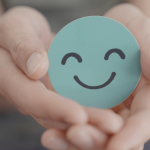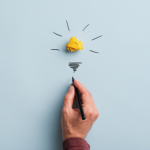The battle between Hollywood studios and artificial intelligence companies has reached a critical new chapter. Disney and Universal, two of the largest entertainment powerhouses worldwide, have filed a lawsuit against the startup Midjourney for copyright infringement. The lawsuit accuses the company of using copyrighted works to train its image-generating AI models. This case may redefine how the entertainment industry deals with emerging technologies like artificial intelligence and set precedents that could affect content creators globally.
The lawsuit against Midjourney places Disney and Universal at the forefront of resistance against the indiscriminate use of intellectual property by AI tools. With billion-dollar franchises like Star Wars, Marvel, Despicable Me, and Pixar in their portfolios, the studios claim their content has been used as training material for algorithms that generate images now widely circulated on the internet. The complaint states the company profits by providing unauthorized representations of characters and settings based on their works, which directly infringes the studios’ copyrights.
The rapid advancement of artificial intelligence technologies in recent years has raised increasing concerns in the entertainment sector. Platforms like Midjourney, Sora, and Stable Diffusion can create realistic images and short videos with professional quality, posing a real threat to artists, writers, and producers. Although AI is already used in pre-production, special effects, and brainstorming sessions, it still cannot produce full-length films with the sophistication required by major studios.
The lawsuit brought by Disney and Universal against Midjourney highlights growing dissatisfaction with how these platforms use copyrighted content. While tech companies argue their practices fall under fair use, studios contend it is commercial exploitation without compensation. This legal dispute brings to light a central issue in today’s debate: the need to regulate the relationship between traditional artistic creation and the rise of artificial intelligence in cultural industries.
The impact of artificial intelligence on the creative sector is already being felt across many professional fields. Visual artists, animators, and designers report losing contracts and fewer job opportunities due to the ease with which AI replicates styles and concepts. The action by Disney and Universal against Midjourney represents an attempt to protect these professionals and ensure their works are not simply harvested by algorithms without financial return or recognition.
At the heart of the case is the demand that Midjourney implement filters to prevent their platforms from generating obvious copies of copyrighted works. The goal is not to eliminate artificial intelligence from audiovisual production but to establish clear usage guidelines and guarantee fair compensation for original creators. This aims to prevent large tech companies from exploiting decades of artistic production to feed their systems and sell the outputs without paying for the input.
Experts point out that the dispute between Disney, Universal, and Midjourney could set a long-lasting legal precedent. Just as studios once tried to block the rise of videocassette players only to benefit greatly from that technology, they now face the risk of resisting a technology that, if properly regulated, could expand their creative possibilities. The difference now is that AI threatens to replace human workers, something videocassettes never did.
Beyond legal issues, the lawsuit against Midjourney also highlights the growing dependence both tech companies and studios have on artists who produce fresh visual ideas. Without constant renewal of concepts, styles, and characters, AI platforms tend to recycle old patterns and lose creative relevance. In this sense, protecting artists’ rights is also protecting diversity and innovation within the audiovisual sector.
The Disney and Universal lawsuit against Midjourney may be the first step in a broader industry pushback against the unchecked advance of artificial intelligence. With other similar lawsuits underway, such as the New York Times case against OpenAI, pressure is mounting for AI developers to pay for using copyrighted content. The future of entertainment may depend not only on technology but on the ability to balance innovation with respect for artistic creation and copyright law.
Author: Bergezin Vuc







